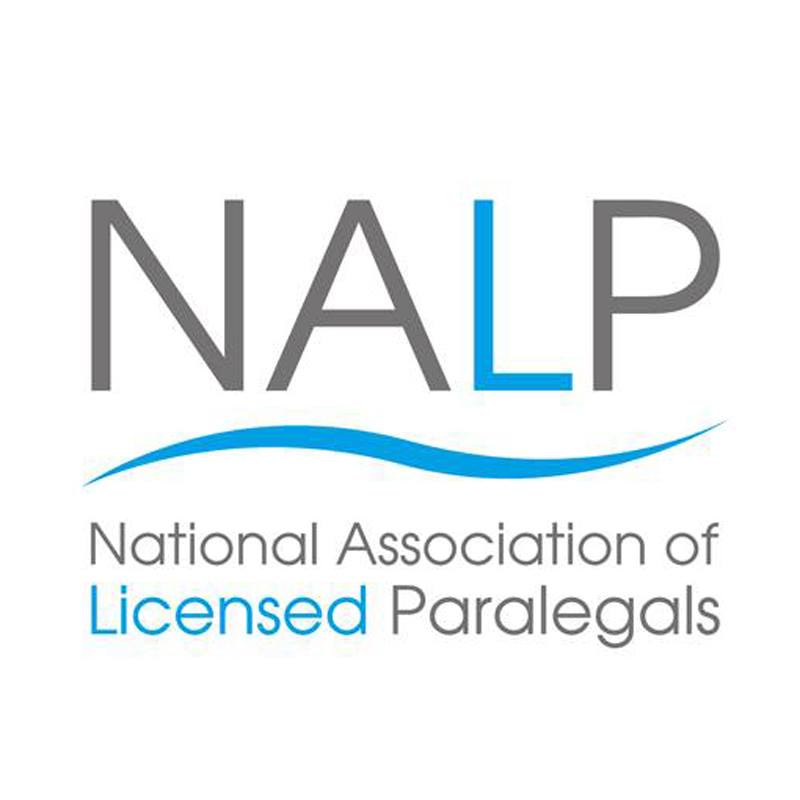 Solicitors have expressed pessimism over whether an additional court tier will help reduce the rocketing criminal court backlogs.
Solicitors have expressed pessimism over whether an additional court tier will help reduce the rocketing criminal court backlogs.
The Law Society of England and Wales carried out research, in collaboration with Sky News, asking solicitors for their views on potential reforms to the criminal courts.
Proposals include introducing an intermediate court, which would be known as the Crown Court Bench Division. The research revealed that:
• Solicitors felt a broad range of measures would be required for an additional court tier to be effective, including additional court staff who are fully trained, and increased public funding for legal defence.
• Most solicitors think the introduction of an additional court tier would make the justice system worse (56%) and is unlikely to reduce the backlogs (60%).
• Almost three-quarters (73%) of the solicitors surveyed were concerned about jury trials being removed as part of the proposals.



 As we all know, Covid-19 and the subsequent lockdown has affected our lives in many ways and forced many law firms into hardship.
As we all know, Covid-19 and the subsequent lockdown has affected our lives in many ways and forced many law firms into hardship. By Amanda Hamilton, NALP
By Amanda Hamilton, NALP The report by the Commission on Justice in Wales, published in October, has drawn a cautious welcome from the Law Society – officially the Law Society of England and Wales.
The report by the Commission on Justice in Wales, published in October, has drawn a cautious welcome from the Law Society – officially the Law Society of England and Wales. Lawyers must adopt a pro-active approach in their on-going support of seriously injured clients, taking ownership of assessing the impact of rehabilitation.
Lawyers must adopt a pro-active approach in their on-going support of seriously injured clients, taking ownership of assessing the impact of rehabilitation.